The Migratory Ratchet
To say Britain has just entered a recession is slightly disingenuous, notwithstanding the jargon and semantics of economists and journalists. Whilst GDP has dipped for a second consecutive quarter, GDP per capita has been contracting for seven quarters straight. Having dropped throughout every quarter of 2023, and most quarters of 2022, Britain is enduring the longest uninterrupted decline in GDP per capita since records began in 1955.
Compounded by the fact that Britain’s GDP would’ve declined further without the unprecedented amount of immigration experienced throughout 2022 and 2023, it’s abundantly apparent that the UK economy is a ponzi scheme; an artifice sustained through short-term economic benefits to the long-term detriment of the nation, offset by additional short-term benefits and so on. Even when Britain’s economy grows, having experienced anaemic growth throughout most quarters of the same period, it renders no discernible or substantive benefit to the average Englishman.
The benefits of this arrangement are exclusively experienced by politicians and corporations. The former is given a straightforward and politically convenient means of construing the impression of prosperity, of making Line Go Up, while the latter has access to an ever-replenishing pool of cheap and flexible labour; one which suppresses wage growth, burdens national infrastructure, and induces demographic problems across British society. Truly, the Potemkin School of Economics.
However, courtesy of the unprecedented and largely non-EU-driven spike in immigration following Covid, a lot of anti-immigration positioning has been reconstructed around this new normal. This isn’t entirely bad. After all, people deserve to know why immigration is increasing, despite longstanding public demand for it to significantly decrease, especially while its contemporaneous.
However, the problem I foresee, one which I see flickers of in right-leaning political commentary of all kinds, is the acquiescence to previous levels of mass immigration. You know? The days when net migration was running at a sensible 200,000, when a greater proportion of arrivals were high-earners from the EU in possession of illustrious Skillsets; the days when immigration coincided with increases in GDP and GDP per capita, putting White British people on-track to becoming a minority by 2066, rather than 2040.
As everyone should know by now, the immigration debate is fundamentally a concern about displacement, one which is forced to disguise itself through Legitimate Concerns, such as Parliamentary Sovereignty, Small Boats, Control, and so on. As such, given immigration salience is making a post-Brexit return, there will be attempts to force those concerned about demographic displacement to re-disguise their concerns in a way the system is prepared to officially tolerate.
I refer to this as The Migratory Ratchet, the process by which previous waves of migration are accepted to justify opposition to present waves of migration, and previous instances of ethnic displacement are accepted to justify opposition to present instances of ethnic displacement. The Migratory Ratchet operates on the basis that the quantity and quality of present migration is different to previous migration, and that recognising these differences must be the basis for immigration control.
This is not to say there aren’t quantitative and qualitative differences between forms of immigration. Nor is to say that it is always wrong to make such distinctions. Rather, it refers to the use of these distinctions as a political manoeuvre to re-politicise mass immigration under a system which seeks to depoliticise it as much as possible, and how this coincides with the system’s desire to perpetuate mass immigration in the long-term by making short-term concessions to immigration restrictionists.
The most prominent distinctions separate migrants between those on big boats (legal) and those on small boats (illegal), those with skills and those without, those coming in their tens of thousands and those coming in their hundreds of thousands, those who give and those who take, those who bring dependants and those who are dependants themselves, those who are white and those who aren’t, those who are (supposedly) Christian and those who aren’t.
By using these distinctions as proxy for nationalist politics, under prevailing ideological pressures which oppose nationalist politics altogether, one crafts a wedge which can be assimilated into the operations of the ratchet, allowing the system to adapt to present dissatisfaction. These so-called Legitimate Concerns, transform fundamental political questions of mass replacement into managerial caveats, summarised by the aforementioned distinctions, which merely refine the process as to make it less irritable to the common Englishman.
I’m doubtful Starmer’s inevitable premiership will change much, although I can envision a scenario in which he makes concessions to the Legitimate Concerns of immigration restrictionists; maintaining recently introduced regulations on bringing dependants, reducing illegal channel crossings (presumably by providing Safe and Legal routes), even placing more stringent barriers on foreign students, whilst increasing work permits at a similar or greater rate to the outgoing Conservative government and instating economic policies which reduce the intake of the cheapest of cheap foreign labour.
In summary, The Migratory Ratchet will keep turning. The least defensible externalities will be suppressed in a superficial show of strength, briefly demobilising the right, who will then express their outrage that net migration is pushing a million, instead of being controlled to a select few hundred thousand.
This wouldn’t be the first time this has happened. It is widely and incorrectly presumed that mass immigration began with Tony Blair, de facto chief advisor to the incoming Prime Minister, whose Institute for Global Change is pressuring the incoming Labour government to increase immigration for the sake of “Growth, Growth, Growth”.
Mass immigration as we understand it began with Blair, but mass immigration itself precedes New Labour. Britain has incurred large movements of people, even instances of replacement migration, before and after 1945 – that is, official Year Zero for Modern Britain – which now look small compared to recent intakes. Keep in mind: Britain basically had net zero migration from the end of WWII up until the early 1980s. Even with net negative migration, Britain experienced large influxes of people, the likes of which altered the country for generations.
On paper, 19th century Irish immigration is dwarfed by 21st century immigration, but it remains fact that the consequences of such immigration were vast and remain with us, such as turning Liverpool and Glasgow into hotbeds of anti-English sentiment, having largely displaced their native populations, and altering the face of trade union politics; from a tendency dominated by Englishmen trying to shield against the import of cheap Irish labour to one dominated by Irish surnames, infused and aligned with ethnic “anti-imperialist” politics.
On paper, the influx of Russian Jews at the cusp of the 20th century is dwarfed by the post-Covid spike in immigration, but this still led to ghettoization and the displacement of the native population in various urban areas; a trend that has continued well-into the 21st century as other foreign diasporas have set-up shop, bringing their grievances with them – infamously, something the centre-right can only identify as bad when it affects more settled diasporic communities in Britain – while Englishmen are pushed further and further into the surrounding shires.
The UK’s Somali-born population, one of the most financially and legally burdensome subdivisions of Britain’s foreign-born occupants, making them something of a lowest common-denominator in discussions about immigration, mostly arrived in the 1980s following the outbreak of civil war. This was merely one of several movements into the UK which occurred throughout the same period. Indeed, many rightists seem to forget (deliberately or not) that the first sustained increase in migration after WWII took place throughout the premierships of Thatcher and Major.
Boston, the most Eurosceptic place in the UK, is also the most Polish, having endured a major influx of Polish migrants throughout the early noughties; a transformation which was encouraged by the UK government following the accession of ex-Soviet countries to the EU. Needless to say, honouring the spirit of Brexit and rehabilitating mass movement from Poland as an acceptable mode of migration are mutually exclusive political convictions.
Nobody with any sense, or sincere nationalist principles for that matter, would look to such times and instances as the contextual basis for a “sensible” immigration policy. Alas, the centre-right believes one must implicitly concede to these instances of replacement to make incremental progress in resisting larger and renewed waves of migration and the various knock-on effects.
On the surface, it appears to be a pragmatic application of our principles, but nothing could be further from the truth. In reality, it is an implicit but unequivocal surrender of the nationalist framework for a moderated globalist framework; a substitution enacted under the bizarre assumption that as things get worse, our stated aspirations need to become less radical. Like our current leaders, whose short-termism is well-documented, it constitutes sacrificing long-term struggle for short-term gains to be offset by developments in the near future. Sound familiar?
It is one thing to find newer, more effective ways to express old aspirations, but this cannot be mistaken for substituting our aspirations altogether. Indeed, if the migratory ratchet was to make another full rotation, it follows that we should find ourselves in a new alliance with non-Anglo whites and “Model Minorities” (high-earners, high-achievers, more Westernised, etc.) marching in lockstep against “Third Worlders” – that is, exclusively the MENA/PT countries and sub-Saharan Africa.
As some have already noticed, talk of England as an Anglo-Saxon country has practically ceased on the British right, a large chunk of whom have started to nail their colours in defence of England’s “Anglo-Celtic” identity in view of “recent” attempts to make it Diverse and Inclusive – that is, not merely less English, but less European and less Christian. Erstwhile, colourblind meritocracy continues to be touted as a palatable wedge of political resistance, embracing entrepreneurial Indians and studious Chinamen to siphon off violent Albanians and lazy Somalians.
Such coalitions will not emerge out of shared political interests between societies, but within British society itself; an arrangement which befit the diversitarian politics of Modern Britain, but unbefitting the pursuit an undiluted nationalist agenda. There can be no two-stage solution. We cannot smoothly refine The Migratory Ratchet into obsolescence. Rather, it must be permanently reversed and absolutely destroyed; it must be rejected from first principles or not at all. This starts and ends with the reconstitution of the British people as a living, breathing, and historic reality.


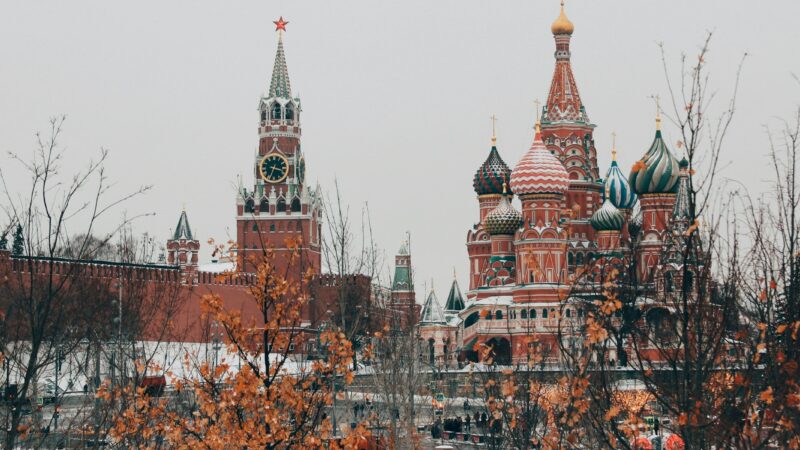

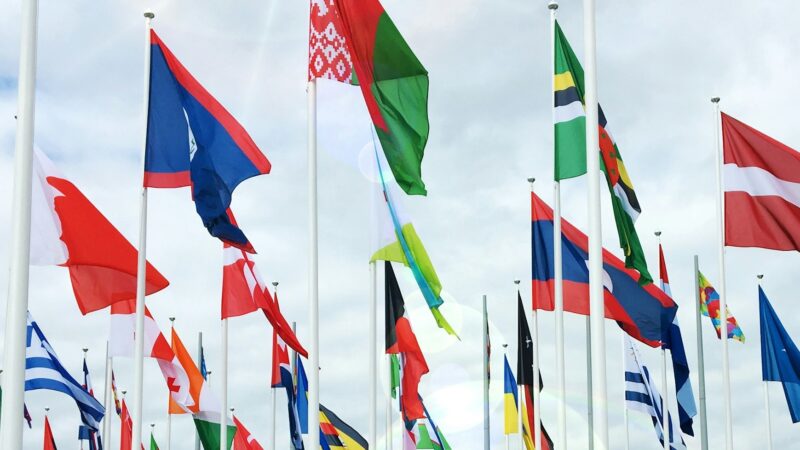
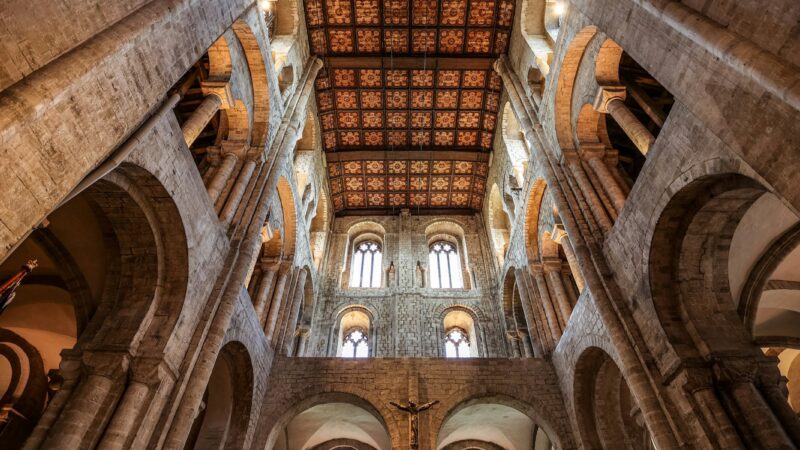
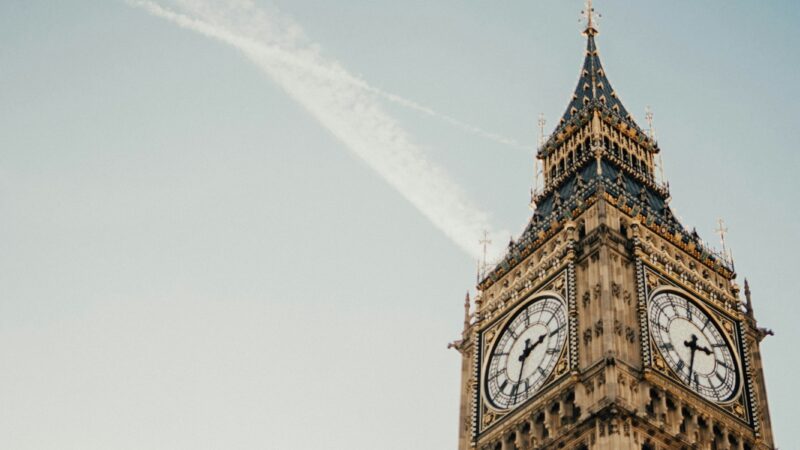

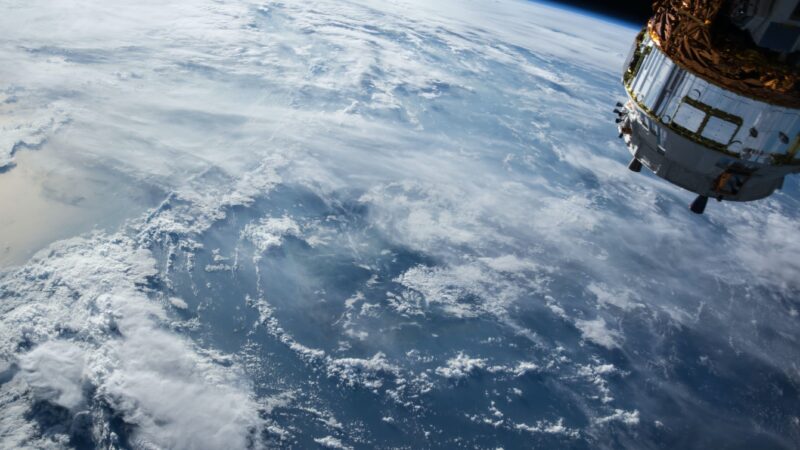

The Reality of Degree Regret
It is now graduation season, when approximately 800,000 (mostly) young people up and down the country decide for once in their lives that it is worth dressing smartly and donning a cap and gown so that they can walk across a stage at their university, have their hands clasped by a ceremonial ‘academic’, and take photos with their parents. Graduation looked a little different for me as a married woman who still lives in my university city, but the concept remains the same. Graduates are encouraged to celebrate the start of their working lives by continuing in the exact same way that they have lived for the prior 21 years: by drinking, partying, and ‘doing what you love’ rather than taking responsibility for continuing your family and country’s legacy.
However, something I have noticed this year which contrasts from previous years is that graduates are starting to be a lot more honest about the reality of degree regret. For now, this sentiment is largely contained in semi-sarcastic social media posts and anonymous surveys, but I consider it a victory that the cult of education is slowly but surely starting to be criticised. CNBC found that in the US (where just over 50% of working age people have a degree), a shocking 44% of job-seekers regret their degrees. Unsurprisingly, journalism, sociology, and liberal arts are the most regretted degrees (and lead to the lowest-paying jobs). A majority of jobseekers with degrees in these subjects said that if they could go back, they would study a different subject such as computer science or business. Even in the least regretted majors (computer science and engineering), only around 70% said that they would do the same degree if they could start again. Given that CNBC is hardly a network known to challenge prevailing narratives, we can assume that in reality the numbers are probably slightly higher.
A 2020 article detailed how Sixth Form and College students feel pressured to go to university, and 65% of graduates regret it. 47% said that they were not aware of the option of pursuing a degree apprenticeship, which demonstrates a staggering lack of information. Given how seriously educational institutions supposedly take their duty to prepare young people for their future, this appears to be a significant failure. Parental pressure is also a significant factor, as 20% said that they did not believe their parents would have been supportive had they chosen an alternative such as a degree apprenticeship, apprenticeship, or work. This is understandable given the fact that for our parent’s generation, a degree truly was a mark of prestige and a ticket to the middle class, but due to credential inflation this is no longer the case. They were wrong, but only on the matter of scale, as a survey of parents found that as many as 40% had a negative attitude towards alternative paths.
Reading this, you may think that I am totally against the idea of a university being a place to learn gloriously useless subjects for the sake of advancing knowledge that may in some very unlikely situations become useful to mankind. Universities should be a place to conceptualise new ways the world could be, and a place where the best minds from around the world gather to genuinely push the frontiers of knowledge forward. What I object to is the idea that universities be a 3-year holiday from the real world and responsibilities towards family and community, a place to ‘find oneself’ rather than finding meaning in the outer world, a dating club, or a tool for social mobility. I do not object to taxpayer funding for research if it passes a meaningful evaluation of value for money and is not automatically covered under the cultish idea that any investment in education is inherently good.
In order to avoid the epidemic of degree regret that we are currently facing, we need to hugely reduce the numbers of students admitted for courses which are oft regretted. This is not with the aim of killing off said subjects, but enhancing the education available to those remaining as they will be surrounded by peers who genuinely share their interest and able to derive more benefit from more advanced teaching and smaller classes. Additionally, we need to stop filling the gaps in our technical workforce with immigration and increase the number of academic and vocational training placements in fields such as computer science and engineering. With regards to the negative attitudes, I described above, these will largely be fixed as the millennial generation filled with degree regret comes to occupy senior positions and reduces the stigma of not being a graduate within the workplace. By being honest about the nature of tomorrow’s job market, we can stop children from growing up thinking that walking across the stage in a gown guarantees you a lifetime of prosperity.
On a rare personal note, having my hands clasped in congratulations for having wasted three years of my life did not feel like an achievement. It felt like an embarrassment to have to admit that 4 years ago when I filled out UCAS applications to study politics; I was taken for a fool. I have not had my pre-existing biases challenged and my understanding of the world around me transformed by my degree as promised. As an 18-year-old going into university, I knew that my criticisms of the world around me were ‘wrong’, and I was hoping that and education/indoctrination would ‘fix’ me. Obviously given the fact that 3 years later I am writing for the Mallard this is not the case, and all I have realised from my time here is that there are others out there, and my thoughts never needed to be fixed.
Photo Credit.